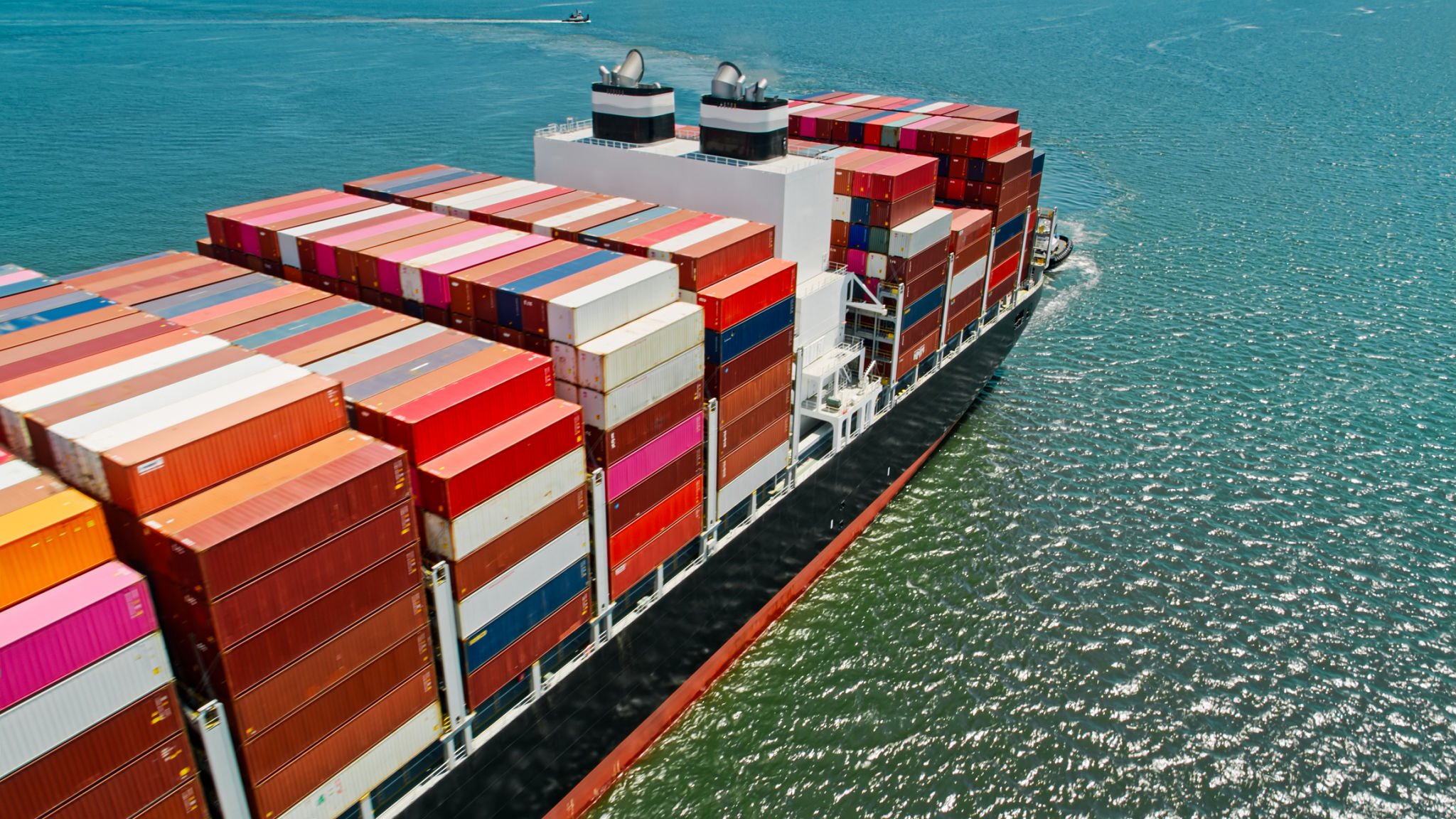The Ultimate Guide to Wholesale Importing for Metro Vancouver Businesses
Understanding the Basics of Wholesale Importing
Wholesale importing can be a lucrative avenue for Metro Vancouver businesses aiming to expand their product offerings and increase profit margins. Importing goods in bulk from international markets allows businesses to access unique products, often at a lower cost than domestic options. This guide will walk you through the essentials of wholesale importing, providing valuable insights into how to navigate this complex process effectively.

Identifying Reliable Suppliers
One of the most crucial steps in wholesale importing is finding reliable suppliers. Start by researching potential suppliers and assessing their credibility. It's essential to verify their business licenses, check customer reviews, and request samples to evaluate product quality. Establishing strong communication with suppliers is key to ensuring smooth transactions and building long-term partnerships.
Navigating Import Regulations and Compliance
Importing goods involves adhering to various regulations and compliance requirements. Businesses must be aware of import duties, taxes, and any trade agreements that could affect their operations. Familiarizing yourself with the Harmonized System (HS) codes and working with a customs broker can help you navigate these complexities while avoiding costly delays or penalties.

Calculating Costs and Setting Your Budget
Understanding the full range of costs associated with wholesale importing is essential for maintaining profitability. These costs include product prices, shipping fees, insurance, customs duties, and tariffs. Construct a comprehensive budget that accounts for all potential expenses to ensure you can set competitive prices while achieving desired profit margins.
Choosing the Right Shipping Methods
Selecting the appropriate shipping methods is critical to successful importing. Consider factors such as delivery timeframes, shipping costs, and the nature of your products. For larger shipments, sea freight may be more cost-effective, whereas air freight might be preferable for smaller, time-sensitive orders. Always weigh the pros and cons of each option based on your specific needs.

Managing Inventory and Distribution
Effective inventory management ensures that your business remains agile and responsive to market demands. Utilize inventory management software to track stock levels and automate reordering processes. Additionally, consider partnering with local distribution centers in Metro Vancouver to streamline the logistics and reduce lead times for your customers.
Building Strong Customer Relationships
Once your imported products are ready for sale, focus on building strong relationships with your customers. Provide exceptional customer service, gather feedback, and continuously improve your offerings based on customer needs and preferences. A customer-centric approach not only boosts sales but also fosters brand loyalty and long-term success.
By following these guidelines, Metro Vancouver businesses can successfully navigate the world of wholesale importing, capitalizing on global opportunities while minimizing risks. With careful planning and execution, importing can become a vital component of your business strategy.
